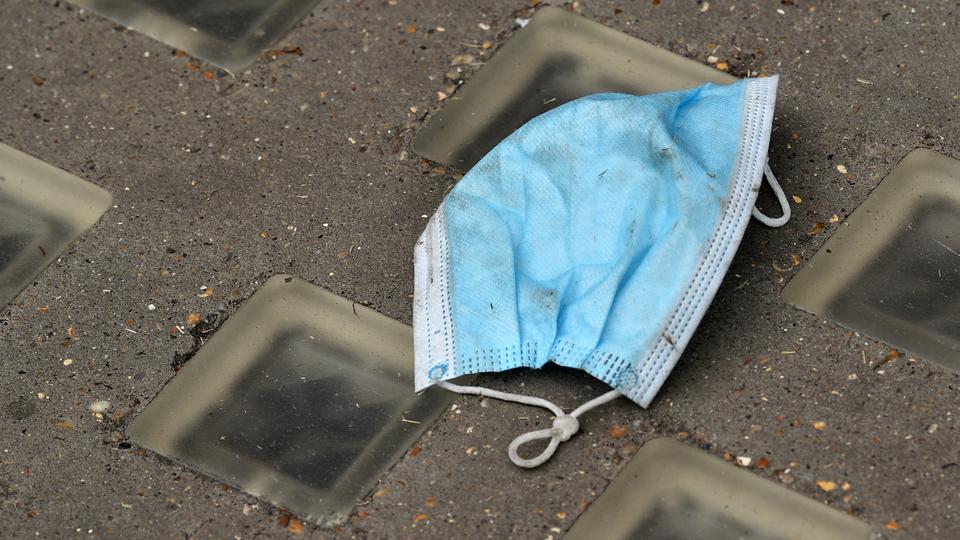PETALING JAYA: The face mask that helps to protect us from Covid-19 may just become the “carrier” of the coronavirus to others, all thanks to the lack of civic consciousness among the public.
Used face or surgical masks that are not properly disposed or thrown into the garbage bin pose a health risk to those who happen to be close by, according to medical practitioner Dr Farah Hanani Mohd Noor.
She said the coronavirus from used masks could be easily transmitted to someone who comes in contact with it.
“The street sweeper for instance, whose task is to clean our streets, will have to pick up those discarded masks. Coronavirus from the mask can be transmitted to them,” she told theSun yesterday.
“In the end, this essential item in the list of PPE (personal protection equipment) may turn out to be more hazardous to us,” she added.
The safest way, she said, is to put masks or other PPE into plastic bags, seal it and then put it in the garbage bin.
Unfortunately, that is not the Malaysian way.
Just like Covid-19, there is no “vaccine” yet for the disgraceful behaviour that is causing the problem.
Dr Gerard Louis pointed out, being thoughtful is not second nature to many Malaysians.
“Generally, there is no sense of guilt or respect for others that will guide us to behave properly,” said Gerard, who is dean of the faculty of behavioural sciences at HELP University.
He added that the only “antidote” for such behaviour would be the fear of contracting Covid-19.
Gerard pointed out that in countries such as Japan, civic consciousness is an integral part of life and culture.
“The Japanese are very mindful of those around them, of their surroundings and the environment,” he said.
“It is very apparent that countries such as Japan are known for cleanliness because of this mindfulness.
“For instance, they ensure that they flush and clean the toilet after using it, so that others who use it later will have a clean toilet. This is civic consciousness. It begins at home and at school.”
Chairman of the Centre for Environment, Technology and Development Malaysia Gurmit Singh said although local authorities can play a role by strictly enforcing the law, at the end of the day, it is the people’s responsibility to stop littering.
Anyone who litters in a public place is liable to a fine of RM500 and the penalty rises to RM1,000 for repeat offenders.
However, if he is caught red-handed, he has to pay a fine of only a RM10 on-the-spot.
Environmentalist Amlir Ayat said such behaviour is a reflection of, among others, the lack of values of a caring society and the lack of respect for others.
“The individualistic and selfish attitude has now become a collective irresponsibility.”
Amlir said apart from posing a health hazard, discarded PPE such as masks will also clog up drains and pollute rivers, and in the longer term could lead to floods and other problems.
Anyone who witnesses a person littering should report it to the Department of Environment by calling its complaints line at 03-888 1972.
Read this story on our iPaper:










